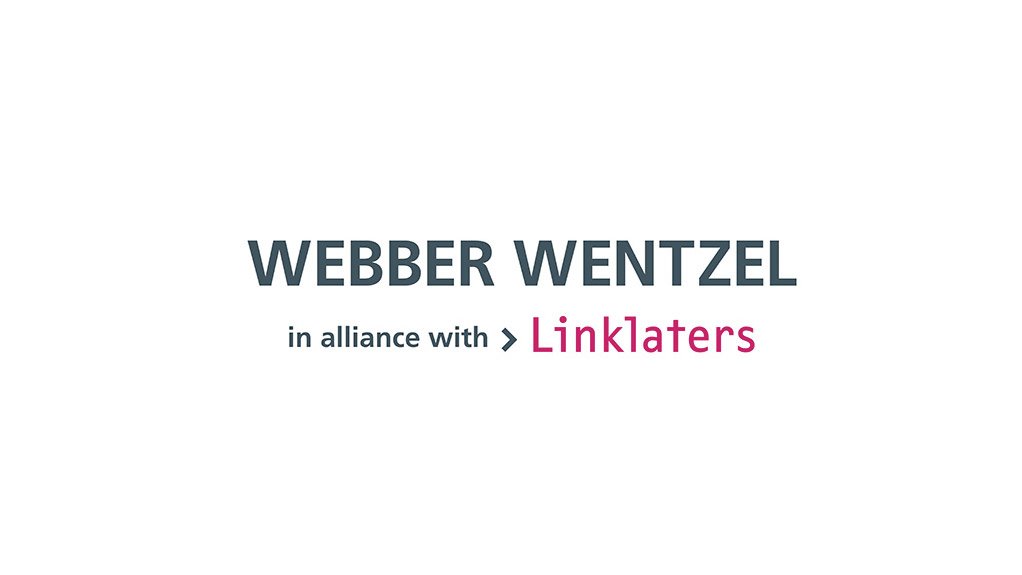A medical certificate produced by an employee to justify a period of absence constitutes hearsay evidence, which employers are entitled to challenge. That challenge shifts the onus to employees to prove indisposition.
The Basic Conditions of Employment Act (BCEA) recognises that employees are entitled to sick leave and it allows employees to produce a medical certificate as a justification for a period of absence in certain circumstances. Employers generally believe that if an employee produces such a medical certificate, the employer must accept it and pay the employee for the period of absence.
However, there are instances where an employer may query the validity of the medical certificate, particularly when the employer suspects foul play, dishonesty and misrepresentation.
In a recent article, we discussed how the abuse of sick leave undermines the employer-employee relationship. Our courts have made it clear that they will not come to the aid of employees who engage in such dishonest conduct. In this article, we discuss the proactive measures employers can take to avoid a matter going to court in the first place.
When considering the validity of the medical certificate, an important issue an employer must appreciate is that a medical certificate constitutes hearsay evidence and is to be evaluated in terms of the Law of Evidence Amendment Act. This means that a medical certificate submitted by the employee is evidence given in writing by another person and therefore constitutes hearsay evidence.
Hearsay evidence may be generally admissible in three circumstances:
- when the parties involved all consent to the admission of the evidence;
- if the person upon whom the hearsay evidence is based testifies; and
- if it is in the interests of justice to admit the evidence.
In the context of a medical certificate constituting hearsay evidence, it should not be admitted unless:
- each party, against whom such evidence is to be adduced, agrees; or
- the medical practitioner testifies; or
- it is in the interests of justice to admit it.
In applying the Law of Evidence Act to medical certificates, the Labour Appeal Court, in Mgobhozi v Naidoo NO and Others (2006) 27 ILJ786 (LAC) (Mgobhozi), approached the issue as follows:
- the nature of the evidence to be introduced by a medical certificate is hearsay, and it should be brought in the form of affidavits;
- the reason that medical evidence in the form of affidavits is not provided must be considered because this failure deprived the Court of any elaboration of the widely- and vaguely-stated symptoms contained in medical certificates;
- due consideration should be paid to potential abuse if the doctor is not prepared to defend the medical certificate or is not prepared to spend time at the disciplinary enquiry;
- the prejudice to the employer if the medical certificate is accepted without expert evidence being led is obviously that the employer is deprived of the opportunity to test the employee through its own practitioner. It puts the employer in a position where it must rely on the vague allegations contained in medical certificates;
- in exercising its discretion whether or not to permit the medical certificate to stand, the employer’s approach may be that, in the absence of an affidavit from the medical practitioner, it is not compelled to consider the medical certificate; and
- lastly, the probative value of the hearsay evidence should be considered, pertaining to whether or not the employee showed that he or she was incapacitated to the extent of being absent from work.
In NUMSA v Kaefer Energy Projects (2022) 43 ILJ 181 (LC) the Labour Court, in applying the principles contained in Mgobhozi, held that when a medical certificate is challenged, the onus shifts to the employee. Firstly, the employee must prove that he or she was indisposed and, secondly, the extent of incapacity. In this matter, the Labour Court further held that the employee did not discharge this onus when the employer challenged the medical certificate. Therefore, the employee was not entitled to rely upon a medical certificate to justify his absence from the workplace.
While the BCEA makes provision for sick leave and allows employees to provide medical certificates, employers do not have to accept medical certificates, because they comprise hearsay evidence. Depending on the circumstances, the employer is entitled to query or reject the medical certificate, and where necessary take disciplinary action against an employee who is dishonest.
Employers must be proactive and should regularly remind their employees that the abuse of sick leave will not be tolerated, as it may result in disciplinary action.
Written by Dumisani Ndiweni, Partner & Kgololego Pooe, Senior Associate from Webber Wentzel
EMAIL THIS ARTICLE SAVE THIS ARTICLE ARTICLE ENQUIRY
To subscribe email subscriptions@creamermedia.co.za or click here
To advertise email advertising@creamermedia.co.za or click here











